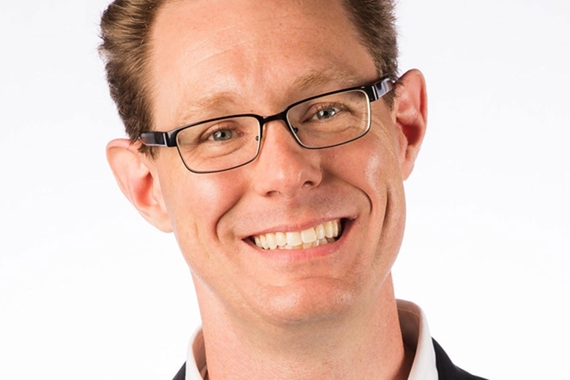Mann on Eating Well
A little over a month into the new year, we may be reevaluating our new year resolutions. A popular resolution is making a change in our diets. This year, The New York Times started a weekly diet challenge - the Eat Well Challenge. Throughout this challenge, Traci Mann, PhD, professor in the Department of Psychology at the University of Minnesota, was quoted several times. Below are the challenges in which she shared research-related insights.
“Diets Make You Feel Bad. Try Training Your Brain Instead” suggests savoring food instead of dieting. Over the years an increasing amount of evidence show that diets don’t work as food restriction just makes us more hungry, in fact, long-term dieting results in the body going into survival mode. A better alternative is mindful eating. Mann warns that fad diets are a short-term and unpleasant way to attempt to lose weight and can result in negative effects on memory function, thoughts around food, and an increase in cortisol, the stress hormone. Putting mindfulness into practice means paying attention to the food being eaten and why it is being eaten: is it hunger or is it an emotional reason? Studies found that participants take about 10-15 attempts to begin reshaping their eating behaviors.
“The Best Brain Foods You’re Not Eating,” explores how food can regulate mood and why so many people try to alter their mode by eating comfort foods. Mann ran a series of studies to determine whether a person’s preferred comfort foods actually changed their mood. The most common comfort foods were ice cream, chocolate, and cookies. The factor that mattered most in mood change was, not comfort food, or lack of it, but rather the passage of time. Over the long term improving your diet can have positive effects on mood.
Wrapping up, “Savor, Celebrate and Pay Attention: 8 Lessons From the Eat Well Challenge,” recaps the main takeaways from the New York Times’ mindful eating project. Success around food does not always mean weight loss. While mindful eating may result in weight loss, Mann recommends for people to set health goals unrelated to weight loss. A possible goal could be to eat more vegetables. Whatever your goal may be, Mann says “if the outcome is reducing personal shame or guilt, getting you to stress less about your diet or getting you to not diet, those are all excellent goals. That will make you healthier even if it doesn’t make you thinner.”
Composed by Flora Pollack, communications assistant.


